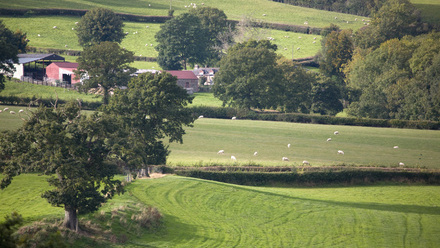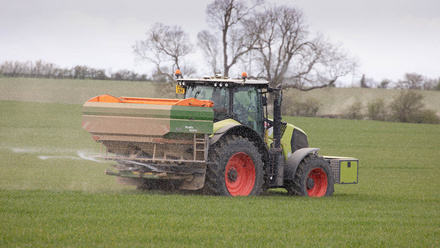Gene Editing consultation - response from Agricultural Industries Confederation
Yesterday, (17th March) the AIC responded to Defra’s consultation on ‘regulation of genetic technologies’ in England. The consultation focussed on a future Government approach to gene-editing in England, and the regulation of gene edited (GE) organisms possessing genetic changes which could have been introduced by traditional breeding. It also asked for views on the wider regulatory framework governing genetically modified organisms (GMOs).
The AIC response to the consultation is in the attached file at the bottom of this page.
AIC View
The AIC believes that there are a great number of challenges facing agriculture and food production in the UK that more efficient breeding technologies could help address. We should by no means consider GE and GMO applications as the only answer to challenges in our climate and food systems, however we cannot, and should not, overlook the possible opportunities that could be achieved across a variety of sectors. With pressures across a variety of systems, we must be prepared to consider the risks of failure to act upon these technologies, as opposed to continuing to adopt an over-precautionary approach that serves to stifle innovation.
In our response to the questions in the consultation, AIC has identified three broad themes for future innovation in GE and GMOs:
1. Environmental outcomes. Gene editing will allow researchers and AIC members to explore techniques or applications in plant health, livestock feed and seed breeding that can minimise emissions and disease spread, whilst allowing for new varieties or breeds that can adapt to the real challenges of climate change.
2. Meeting the needs of consumer and animal nutrition. It is evident that dietary requirements and demands are changing in the UK and around the world. By harnessing innovation, we have an opportunity to address nutritional challenges in crops and livestock, as well as eliminating allergens and helping to reduce food waste.
3. Diversity. There has been a growing concern across the UK agricultural sector that the nation’s genetic diversity in crops and livestock is diminishing. We now have an opportunity to fundamentally readdress the possible availability of crop varieties and types available to farmers, which can help the UK food and feed production whilst catering for the wide variety of products that UK consumers are demanding across the food chain. Having the means by which to offer farmers more choice in their cropping options would be of clear benefit.





